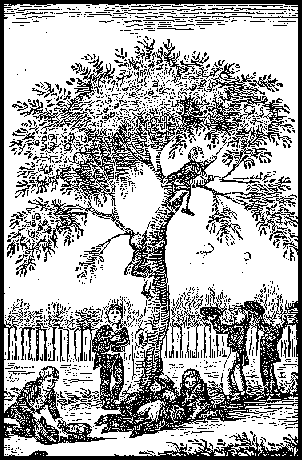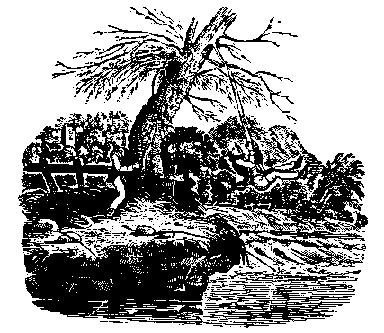Of Staggering Genius
David Eggers
(Simon & Schuster)
It's worth your consideration because we have here something quite strange: a kid writing about living in the 1990's United States without drugs, without much show-off sex, and with a fair degree of frenetic, insightful wonder. The focus is on his younger brother and how, when the family was truncated, in a single year, by the demise of alcoholic father and cancerous mother, Eggers picks up eleven-year-old Toph and they move to Berkeley.
Thus, we have set-up, early on, a familiar literary dynamic --- two compeers of different ages thrown together: Huck Finn and Nigger Jim, Holden Caufield and sister Phoebe, hell --- maybe even Dmitri Karamazov and Alyosha (or, if we stretch it far enough, Falstaff and Prince Hal).
Having said that, we have to point out that Dave Eggers is a kid himself, writing in a breathless Salinger/Tom Wolfe style that is funny, winsome, gripping, and full of fireworks. We are in the head of a young man who is filled with the fantasies and vocabulary of the juvenile set in America --- but carries along with a strange load, one that is, forsooth, quite rare. For Eggers is, for lack of a better phrase, an intellectual neo-Puritan:
The mother, tanned and leathery, with long blond hair and pink lipstick, wearing a long rugby jersey over white stretch pants, is talking, blithely and while gesturing extensively, about how she deals with pot in her home, vis-à-vis her other son, a sophomore in high school:
"I figure if he's gonna smoke, he's gonna smoke." She shrugs elaborately. "So I let him fire up at home. At least I know where he is, what he's doing, that he's not driving around or something."
Though she is talking to another parent, she is glancing my way. I have the feeling she expects me, because I am closer to her high schooler's age than she is, and, because I have creative facial hair, to be sympathetic to her point of view.
But I am too stunned to speak. She should be jailed. And I should raise her children.
"And I should raise her children." Eggers is full of this kind of perverse quasi-Puritan, 19th Century thinking, heavy with insight, but also heavy with punishment --- often self- I was so shocked that I stopped the car to indicate my shock, to punctuate it to myself, to anyone who might be watching, even though I wasn't actually so shocked that I needed to stop the car. There are lots of rumblings and throat- In fact, it is so jammed with look- After all this cranking, we are launched directly into Chapter One: what it was to be caring, on a day- The bodybuilders are mostly blond and impeccably tanned. They look great. They have names that sound fast and indomitable, names like American cars and electronics, like Firestar and Mercury and Zenith. It's a great show. A Heartbreaking Work is filled with prose, dialogue, amateur drawings (the best approach to sliding on a wooden floor, in your socks, with your brother) --- and even drama, being an interview with a fairly icy, rigid lady at MTV while they were considering him for their program, "The Real World." "God, Eggers," we think, "Cool it. Don't say too much." We want him on that program. But he's a professional over-doer, and he goes on and on, and you figure its just too weird for MTV. We mentioned all the cranking noises at the start. There is, too, the problem he has, most of us writers have, with stopping: when and where should this outgush of ridiculous self-revelation end. Eggers doesn't know, and obviously his editors didn't know either. Most readers, though, will probably sense it: the moment when he arrives at the beach, with a box of his mothers ashes. It is the perfect rounding. We started, after all the hemming- He is a paradoxical soul --- a man in his late twenties who frets about his life and thoughts and how other people see him. At the same time, he's filled with awful fantasies, possible disasters that may befall him, or the world, or his beloved brother: car-
He is a paradoxical soul --- a man in his late twenties who frets about his life and thoughts and how other people see him. At the same time, he's filled with awful fantasies, possible disasters that may befall him, or the world, or his beloved brother: car-
